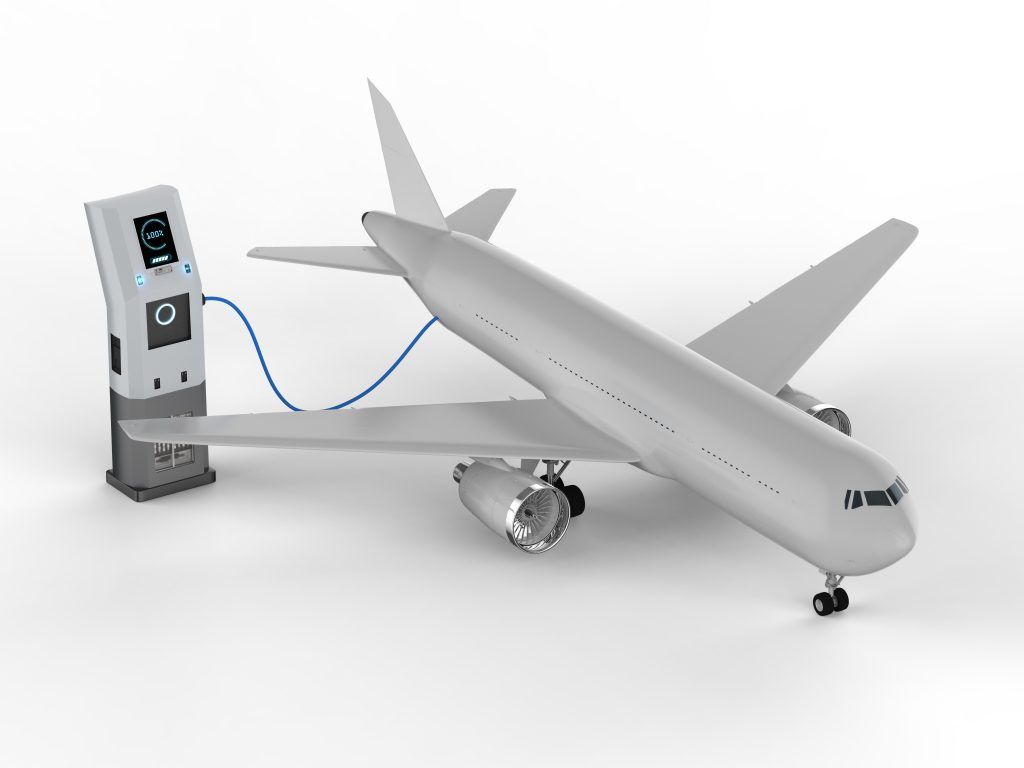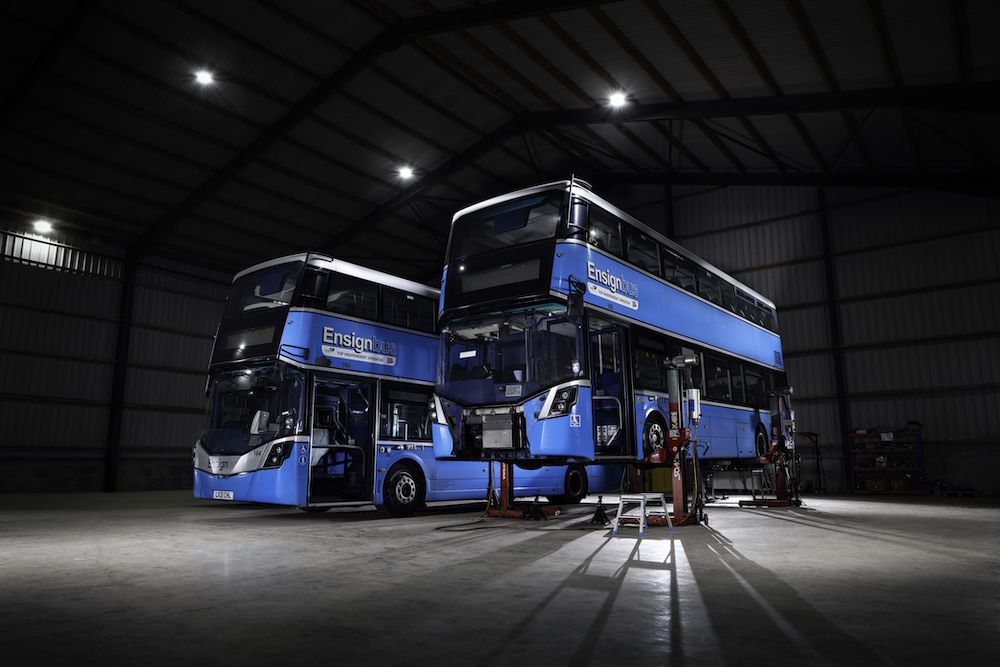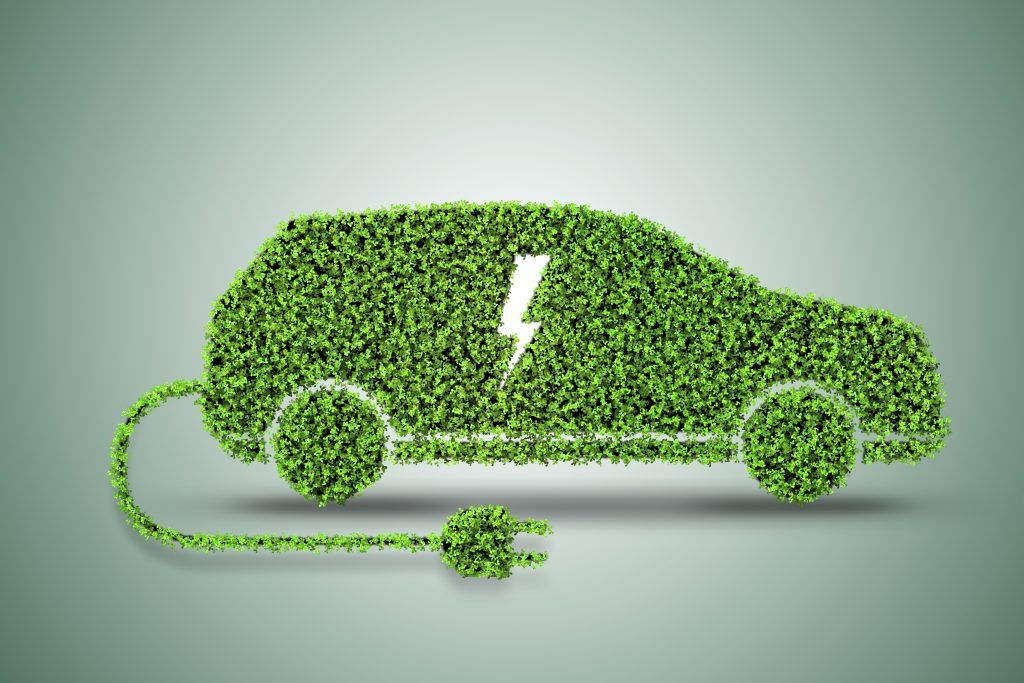A new study by infrastructure firm Jacobs has revealed a narrow window for infrastructure investments to power airports through rising electricity demand and growth in air travel.
The report by Jacobs’ Graeme Cooper, Global Vice President, Energy Transition, and Steve Pelham, Vice President, Aviation, Americas, found airports are “unique centers of mobility and economic activity” and with the EV transition, including city transit fleets and private fleet operations, there will be increased demand.
As airports are key movers of both people and goods, with many major supply chains moving goods through the air domestically and internationally, the authors said with “bold commitments in place combined with staggering statistics on the importance of airport ecosystem vitality to support future energy needs, it’s critical to look at the system that will underpin the achievement of these lofty goals—the electricity grid.”
Describing “an unprecedented demand for power”, especially with the decarbonisation of heat too, this creates “risks of travel and supply chain disruption”, they said.
Grids across the U.S. are “shakily handling increases in demand”, according to authors, and disruption would affect an array of industries and people and create barriers to economic growth, sustainability and innovation. In order to resolve the issue, the authors said it was a “collective problem…and so requires a collective solution”.
The study found by 2030 that airport ecosystems that are electrifying will nearly double their current peak power demands. By 2050, airport ecosystems will require nearly five times more power than their current peak demand. Meeting these needs will take significant new and upgrade power infrastructure, which requires significant investment, it said.
As such large-scale infrastructure projects take time to complete, they should begin now, it said.
Jacobs welcomed the U.S. Department of Energy’s recently announced $39 million in grid modernization projects as “a great start” but also saidmore is needed.
Koti Vadlamudi, Senior Vice President at Jacobs, said: “Airports are ecosystems for commerce and mobility. As airport operations require more electricity to function, airports will face continued unprecedented demand for power. Jacobs interpreted a wide range of data and engaged stakeholders across the airport ecosystem to come to this report’s conclusion — that now is the time for sensible investments in the power infrastructure airports will need to operate efficiently, sustainably and with economic drivers in mind.”
Such low- and least-regret infrastructure investments may be costly in the short term, but bring long-term benefits of grid capacity, stability and resiliency, it said.
Graeme Cooper, Jacobs Global Vice President, Energy Transition, said: “As the scale and pace of electricity demand grows, airports and their wider ecosystems are at risk of disruption.
“This is a collective problem that requires urgent action from stakeholders across mobility, utilities, federal, state and private industry—and our findings here can begin the conversation about the low-risk infrastructure investments we need to keep pace with change.”
Image courtesy of Shutterstock.














